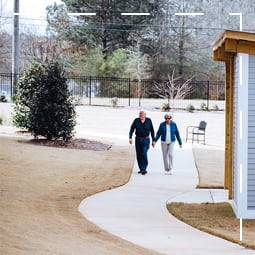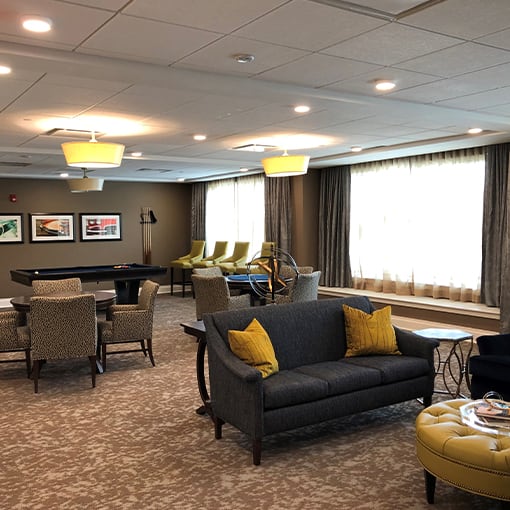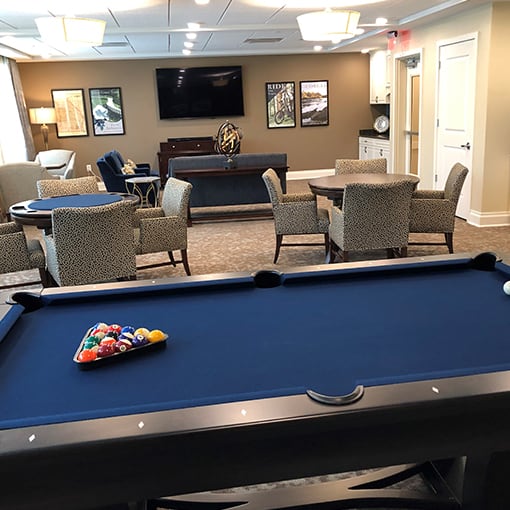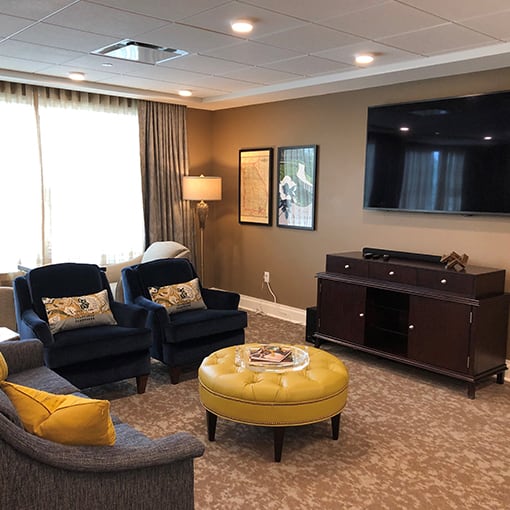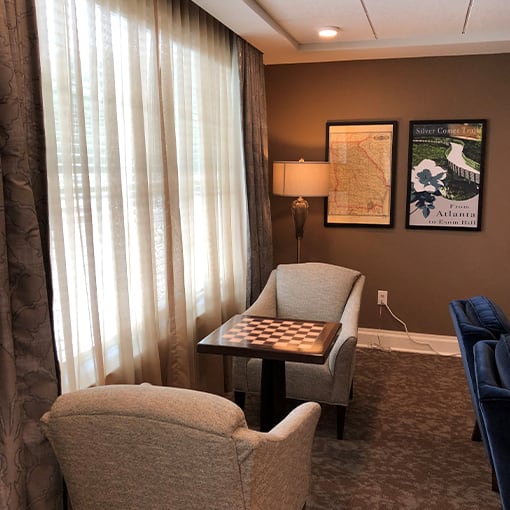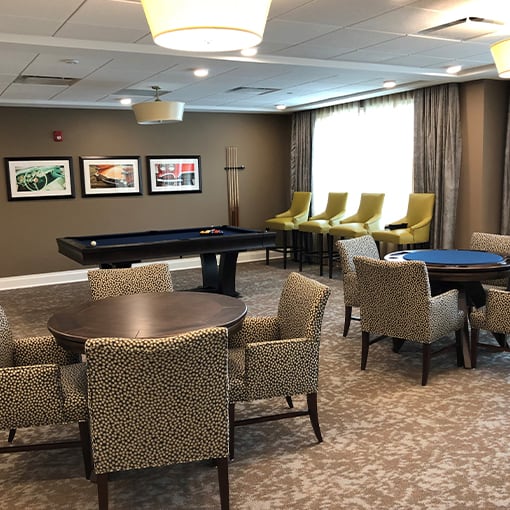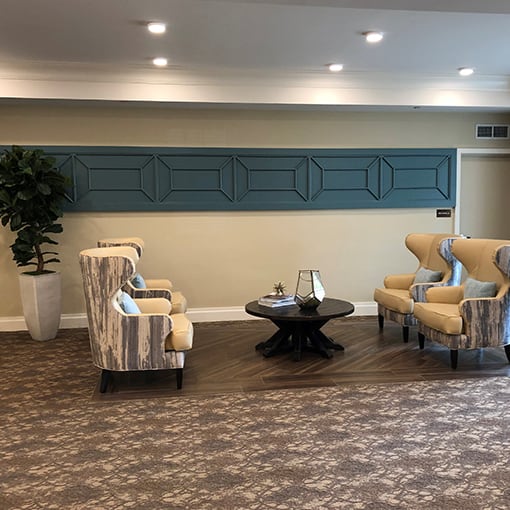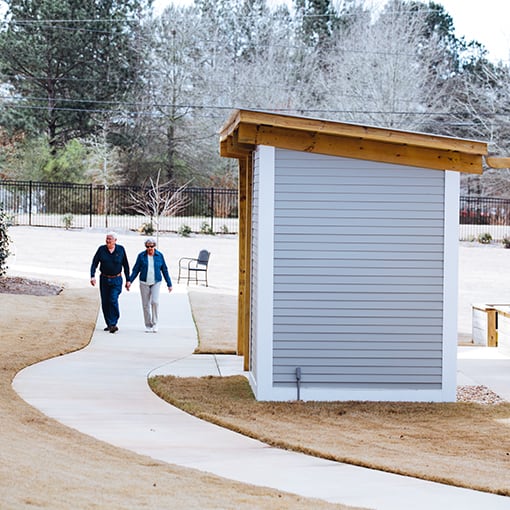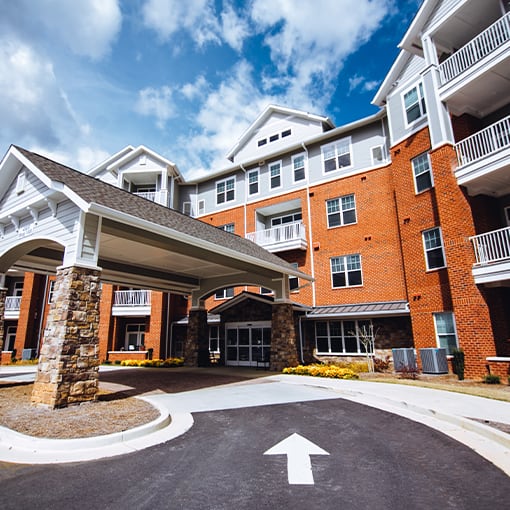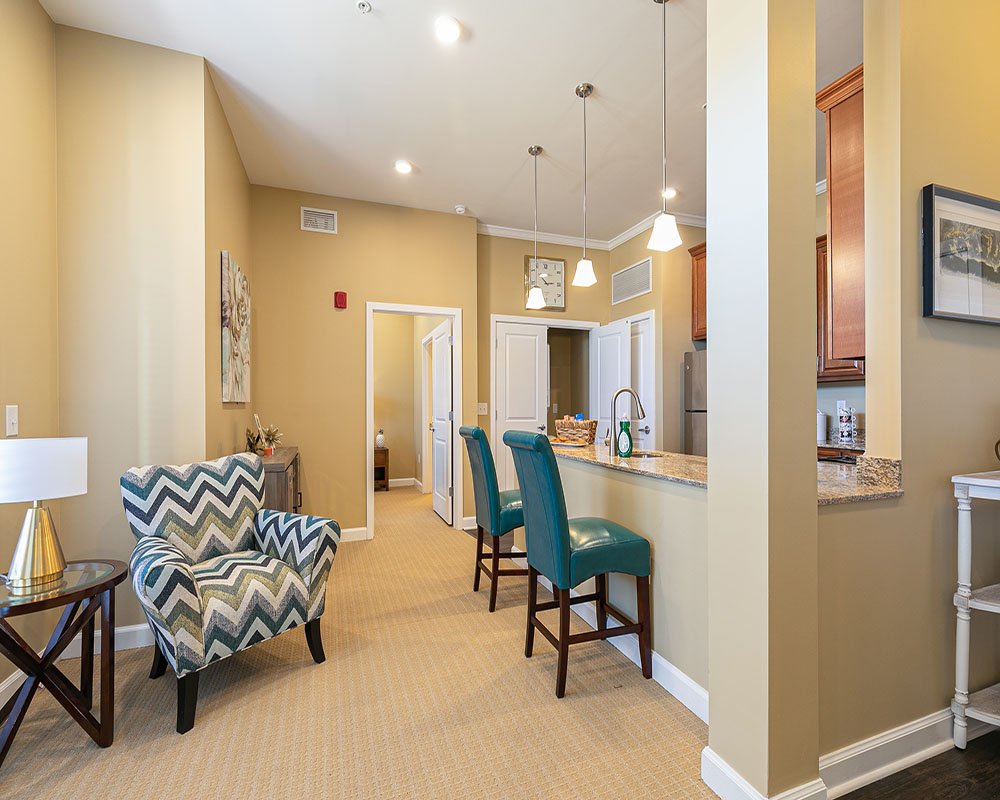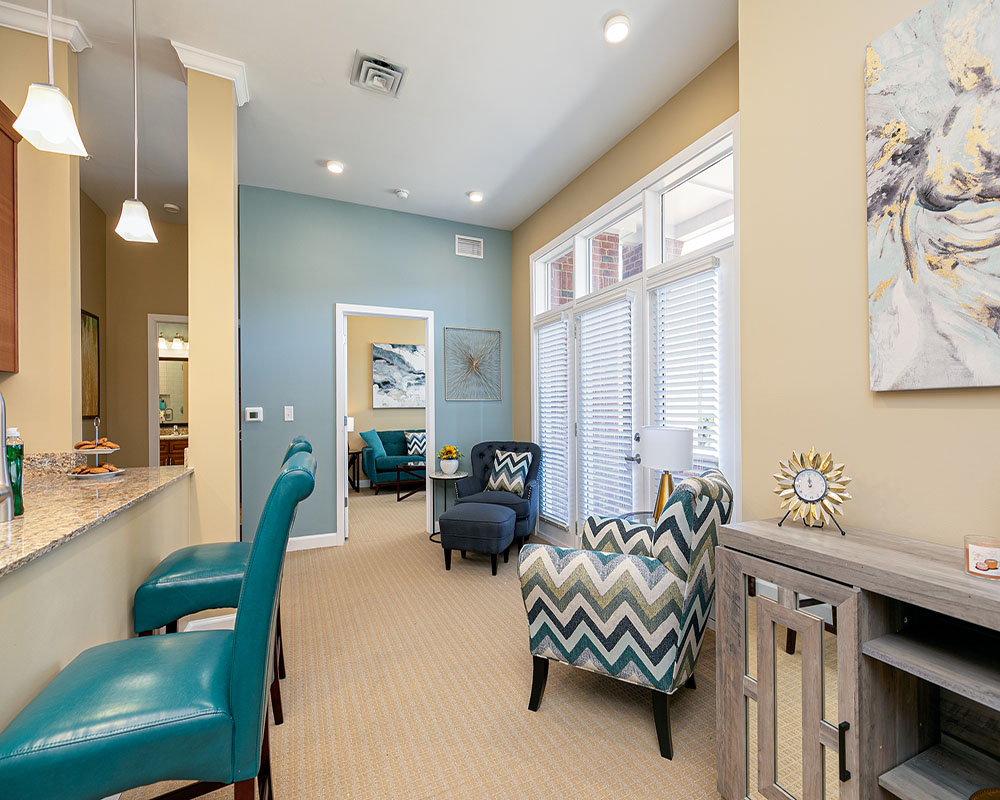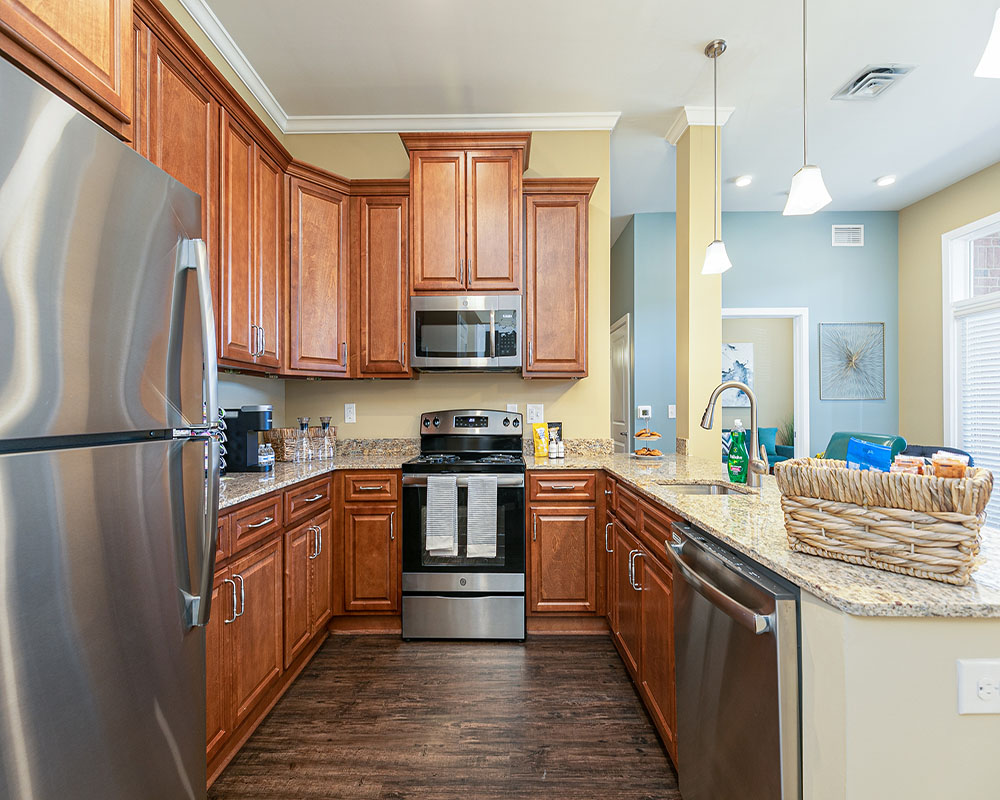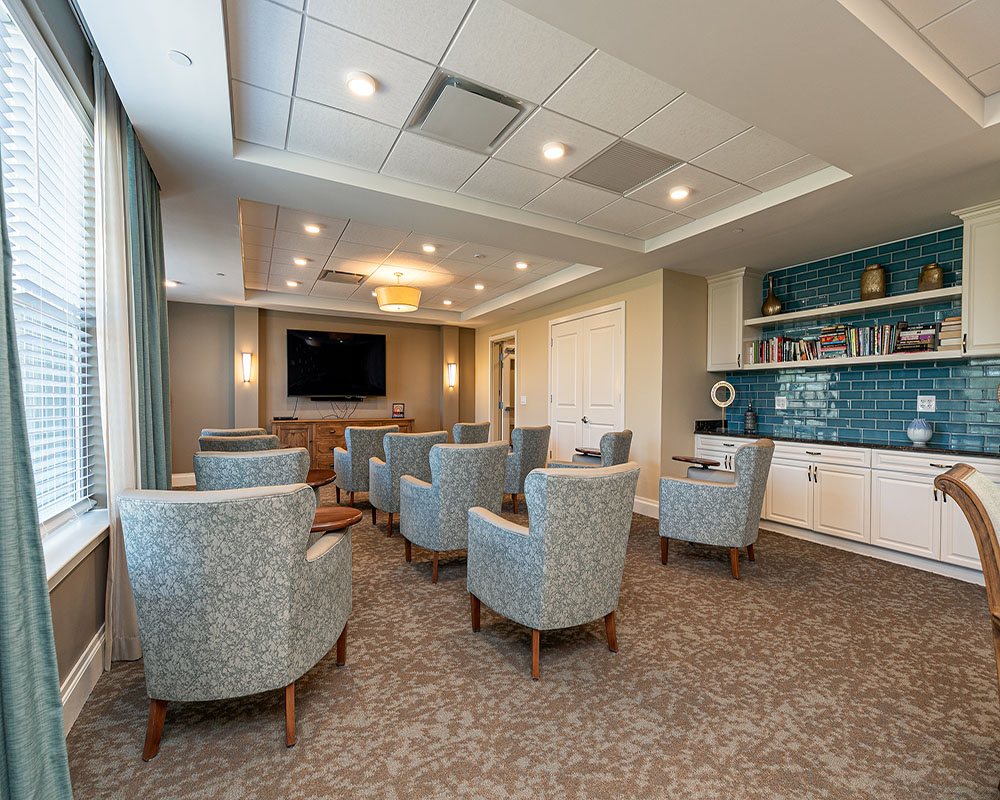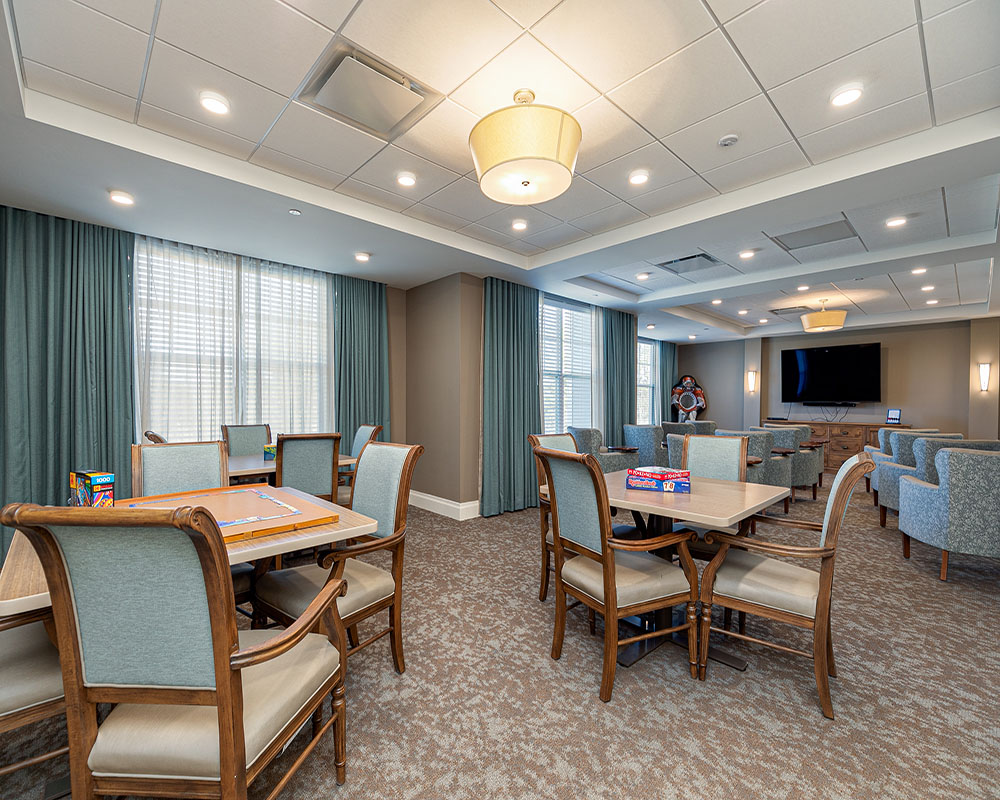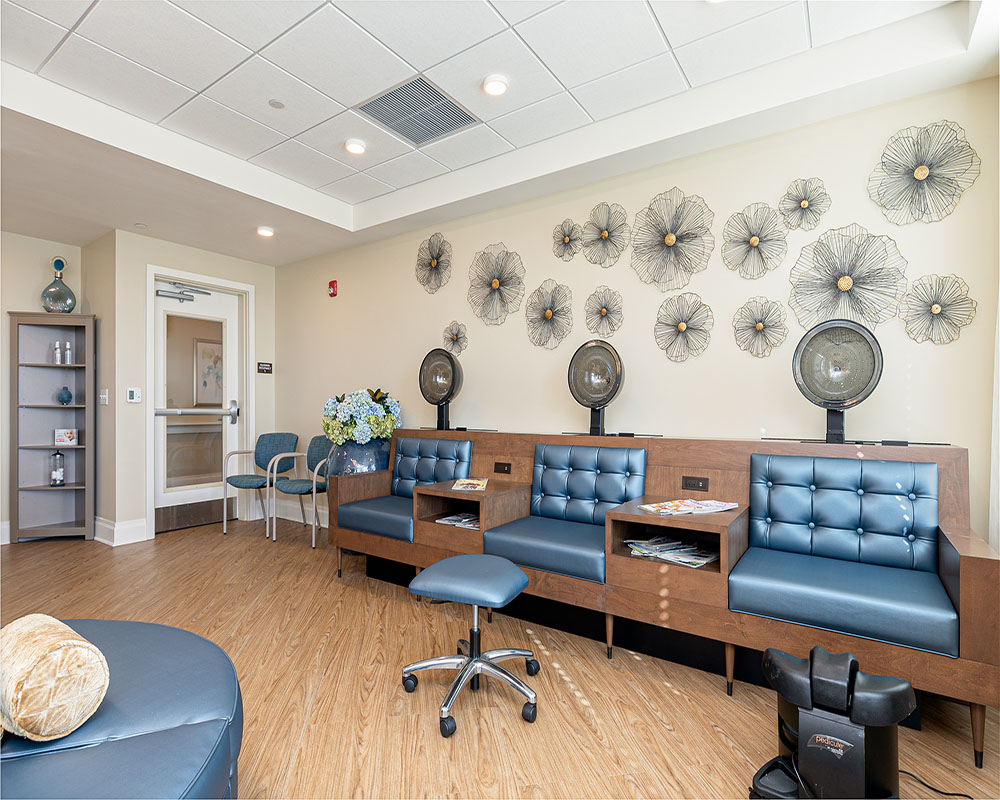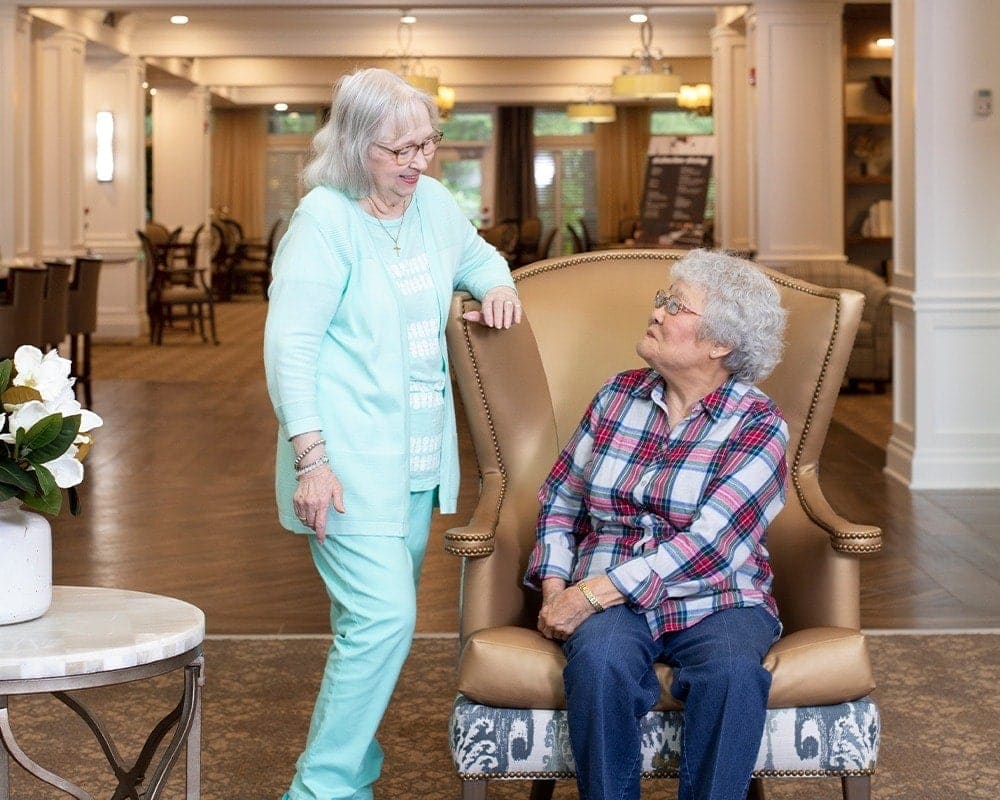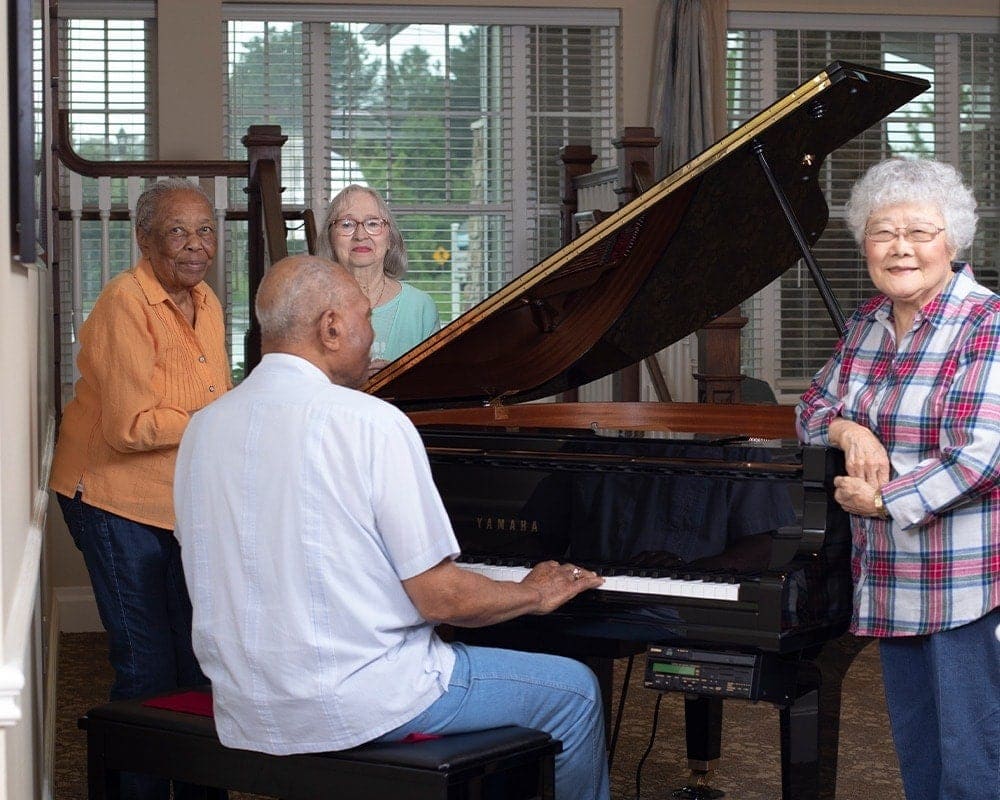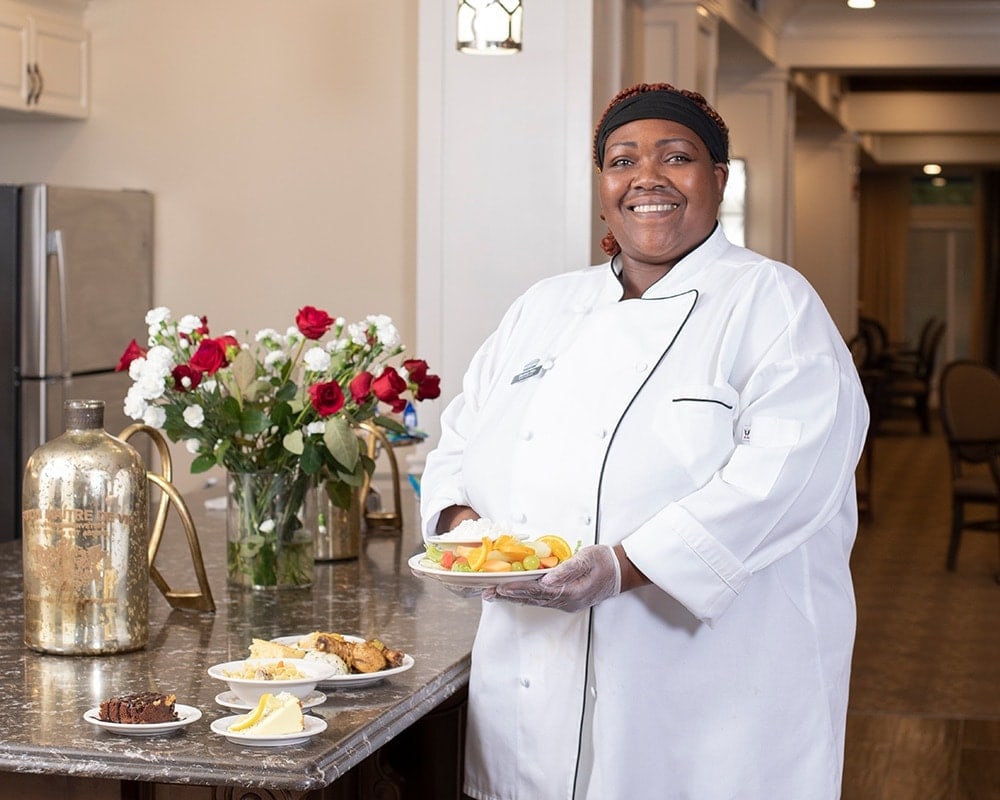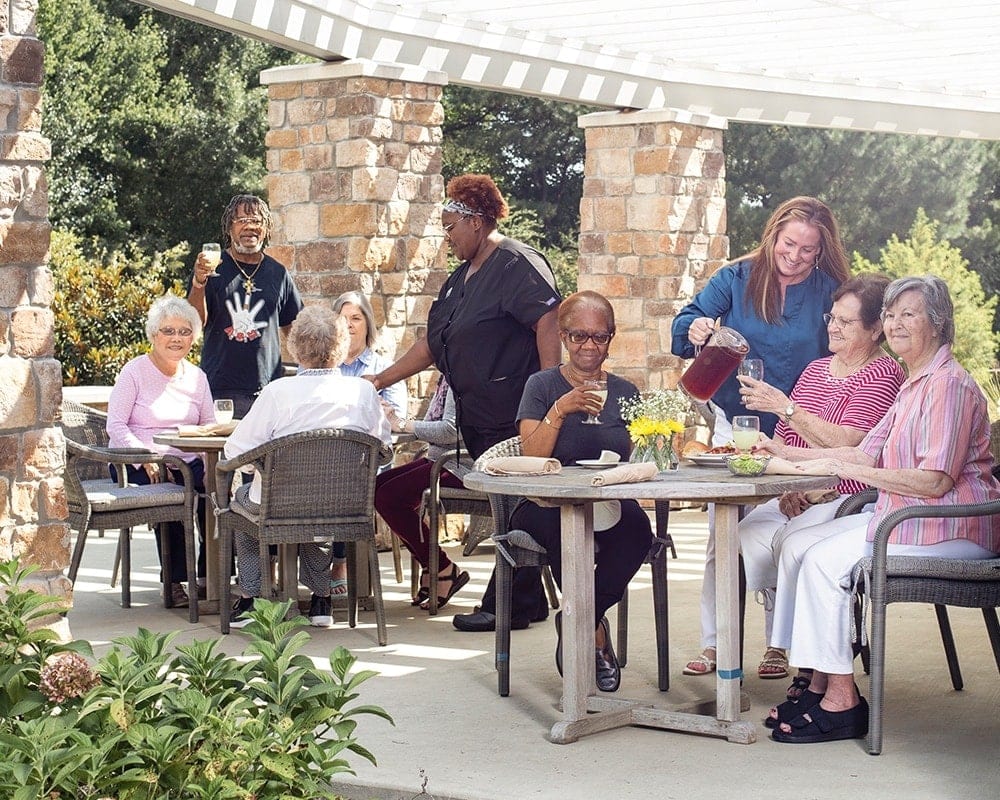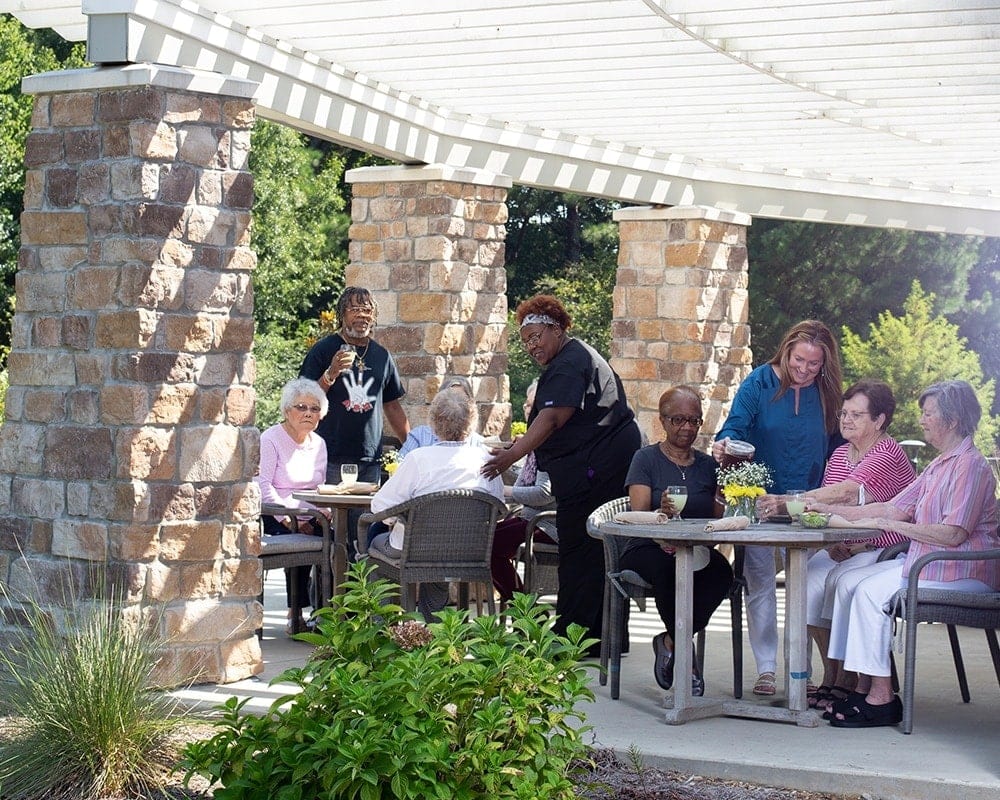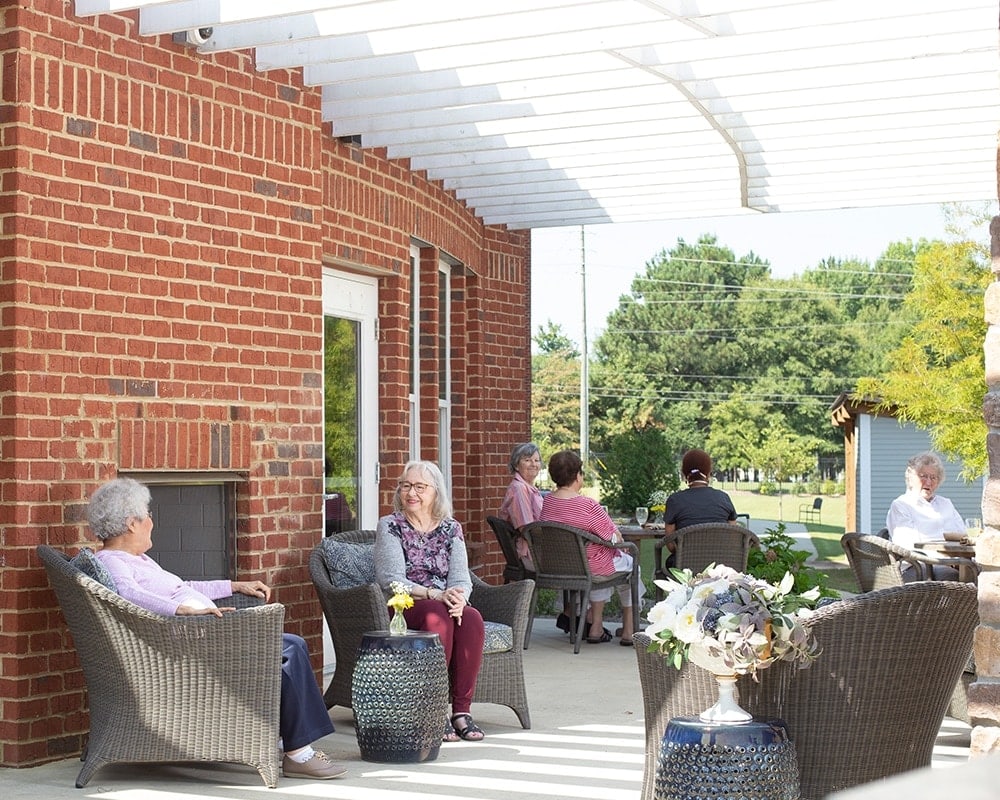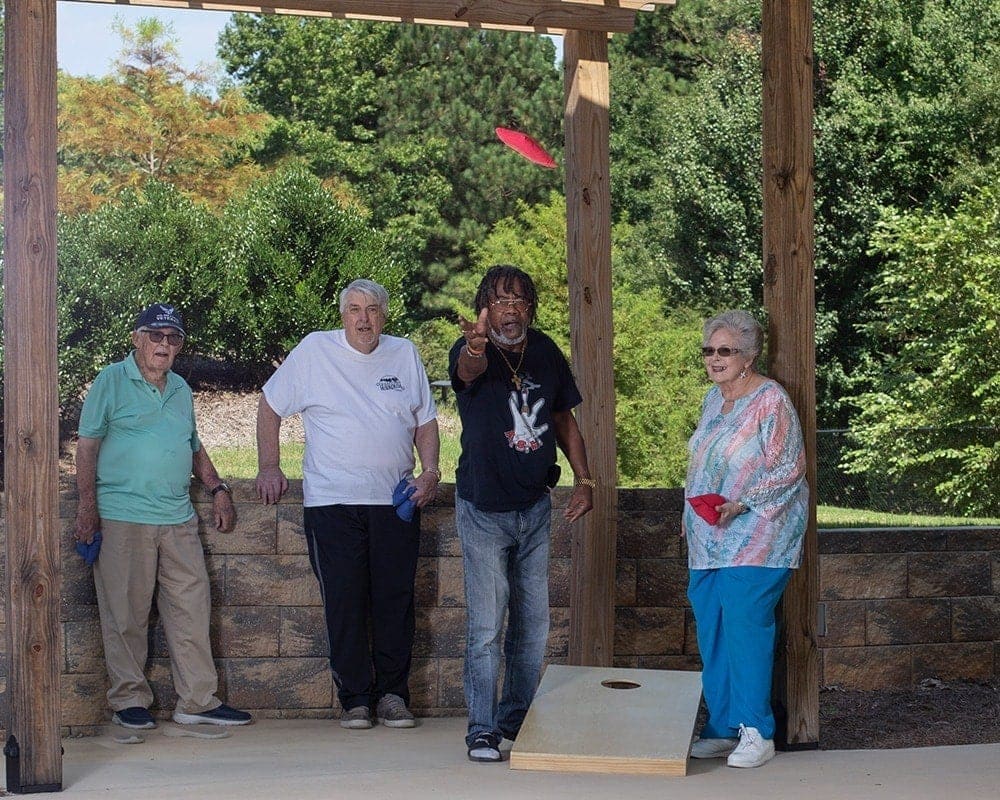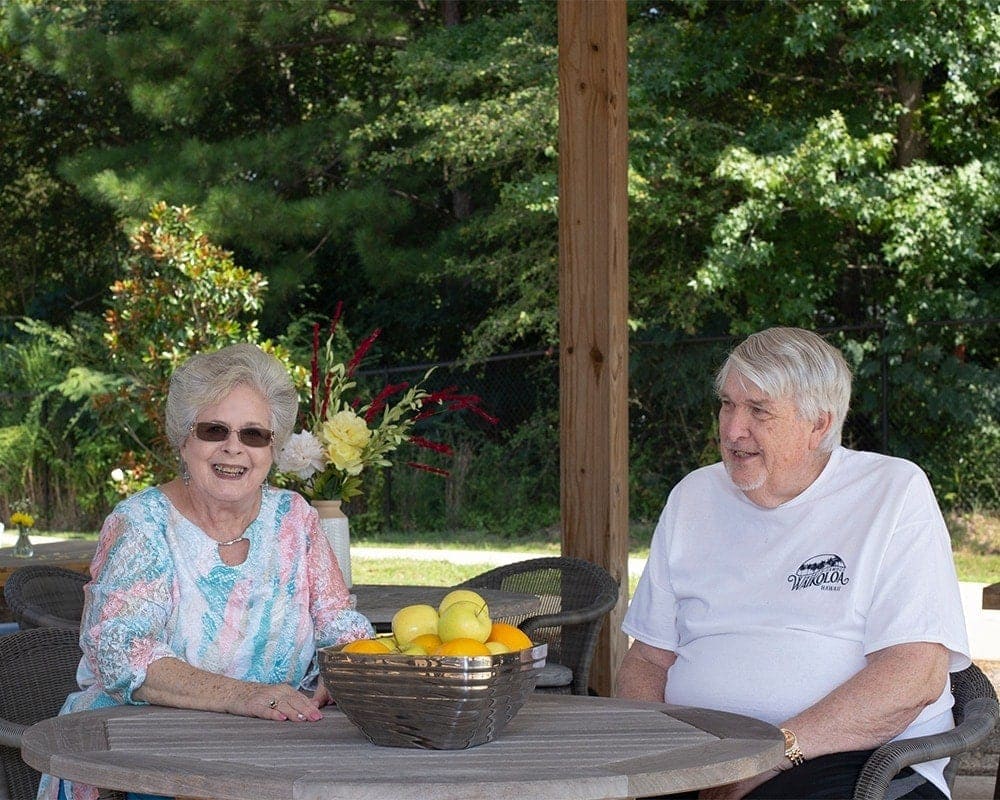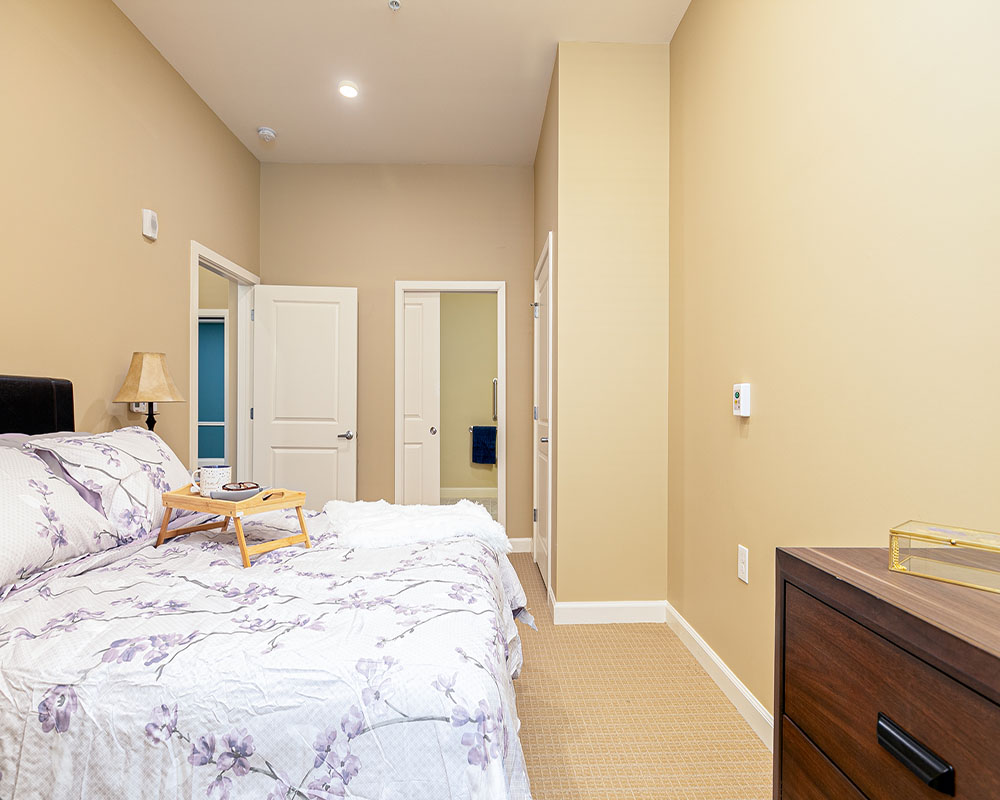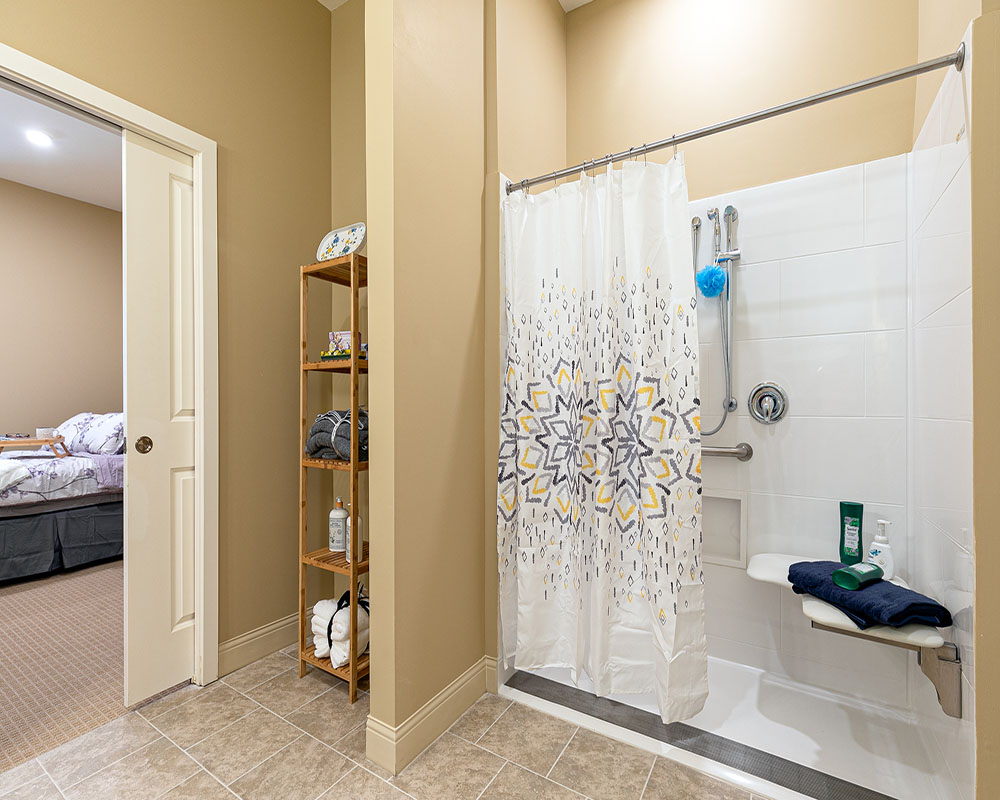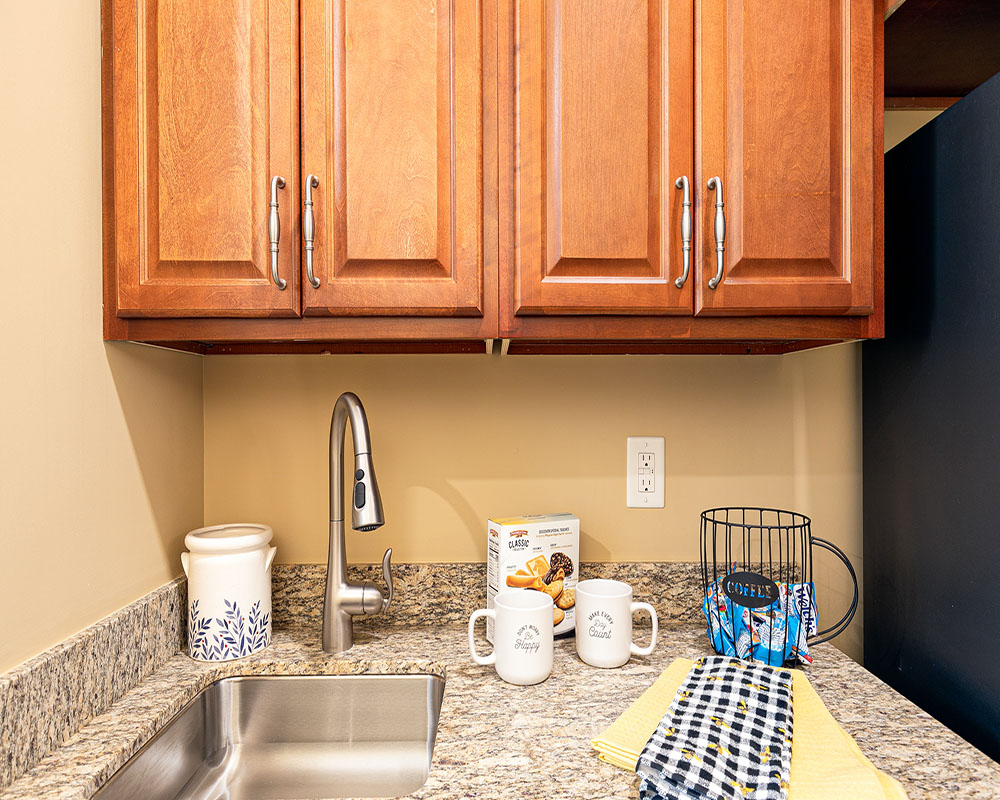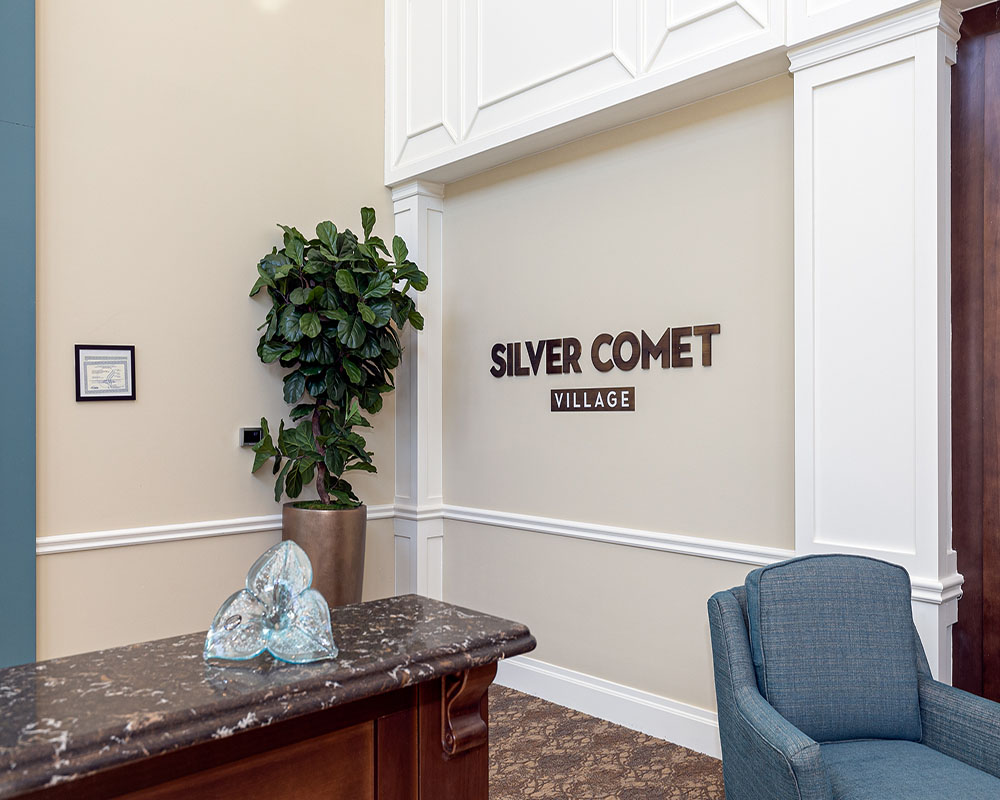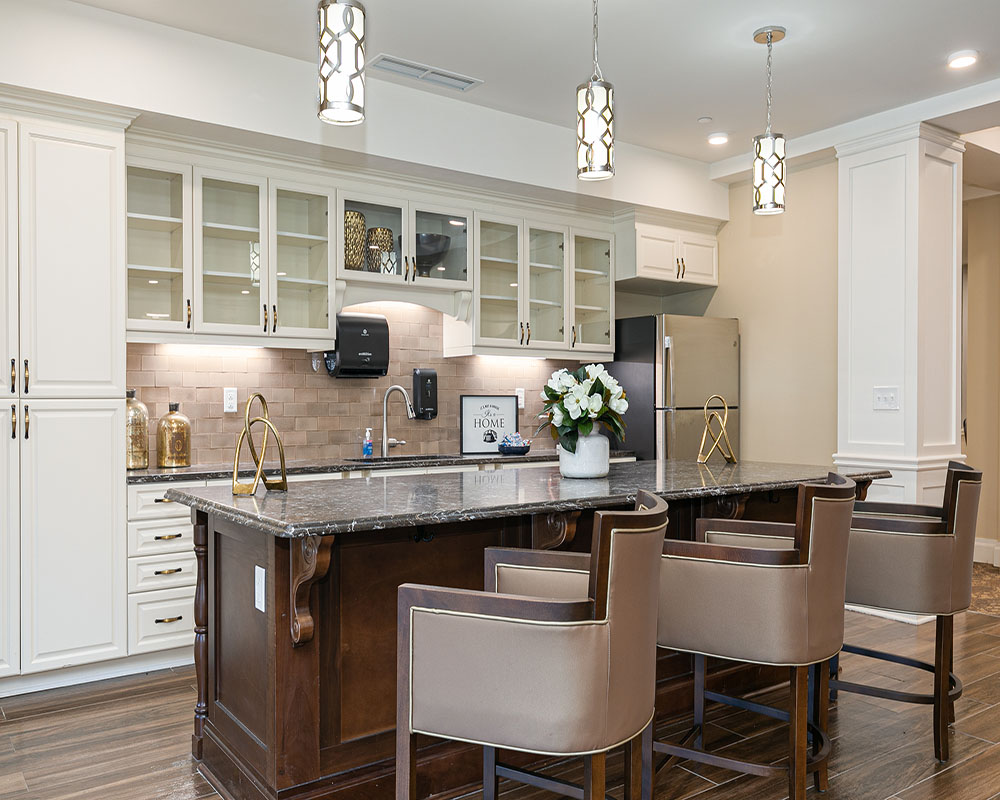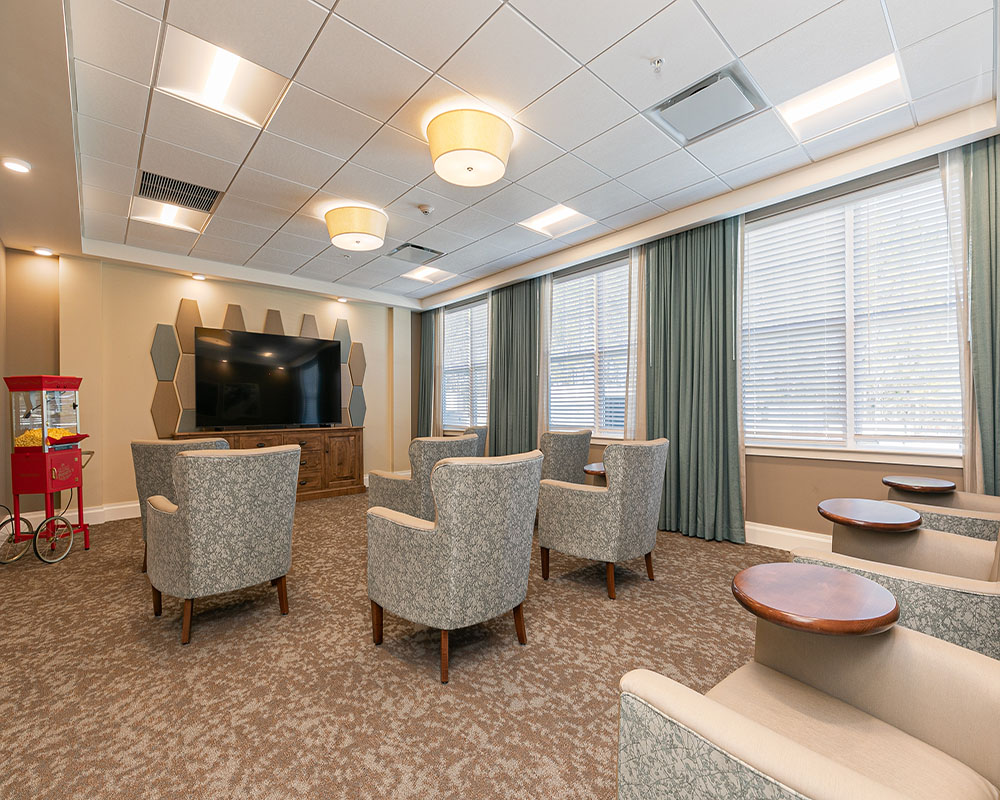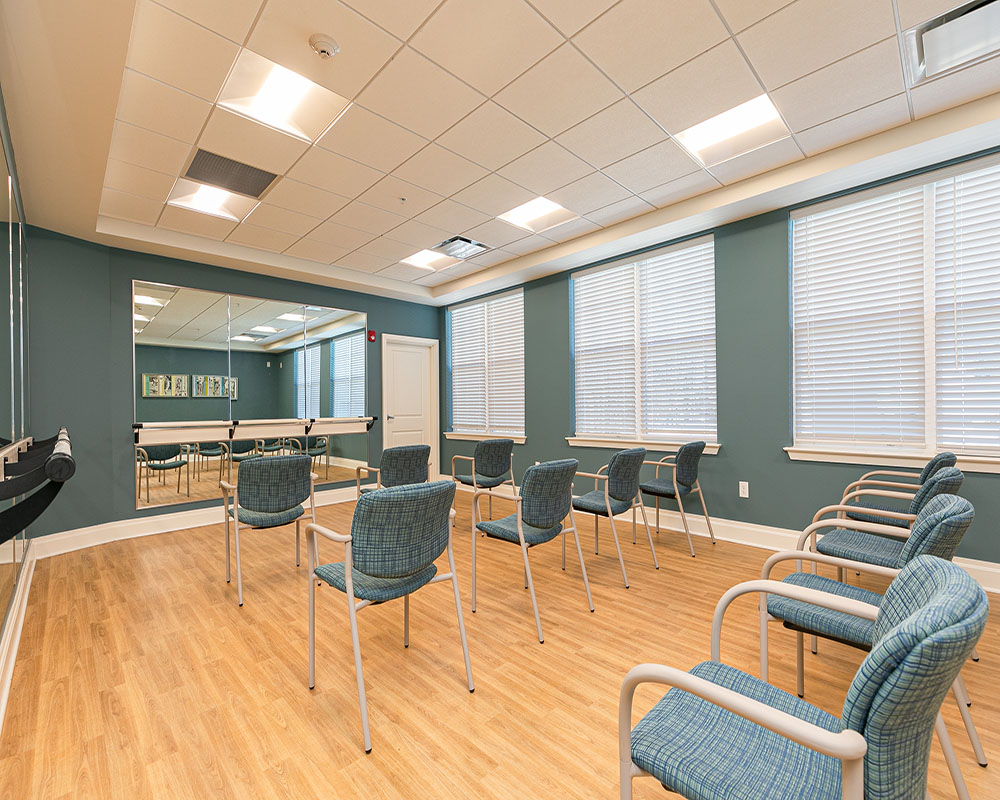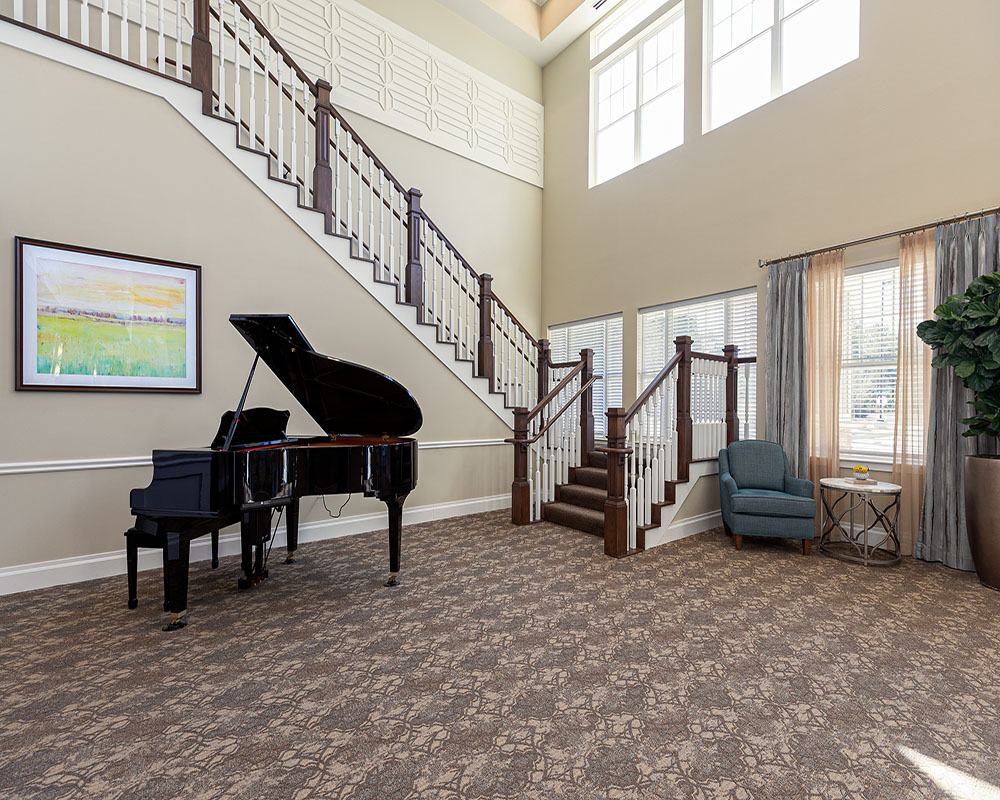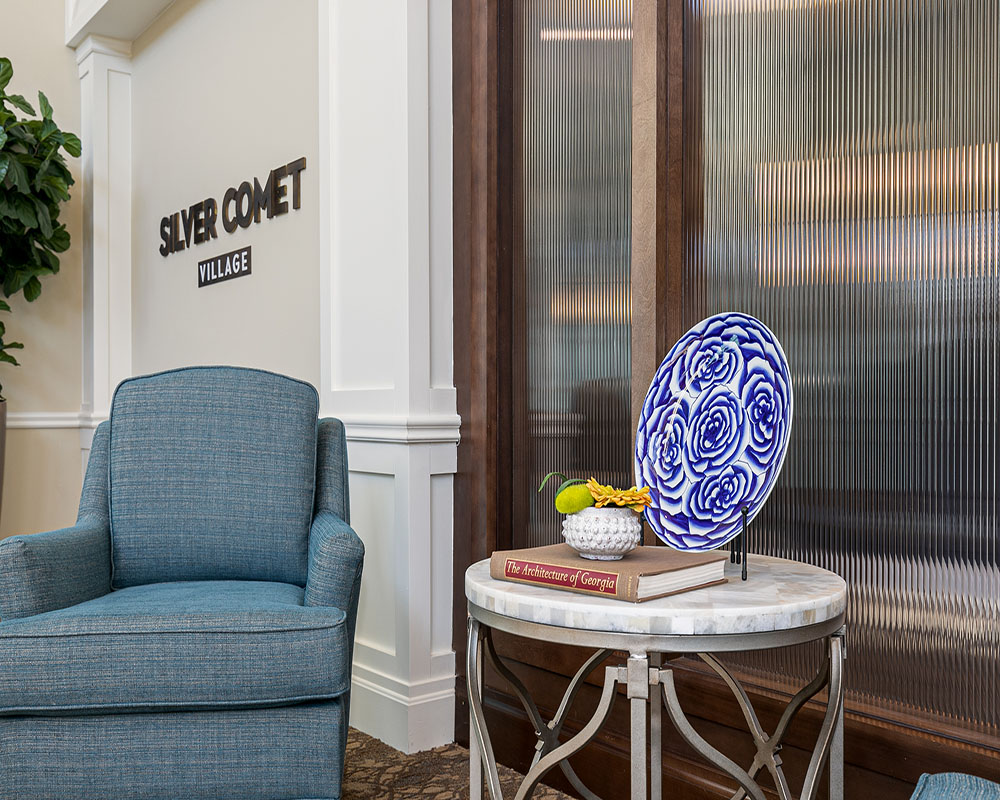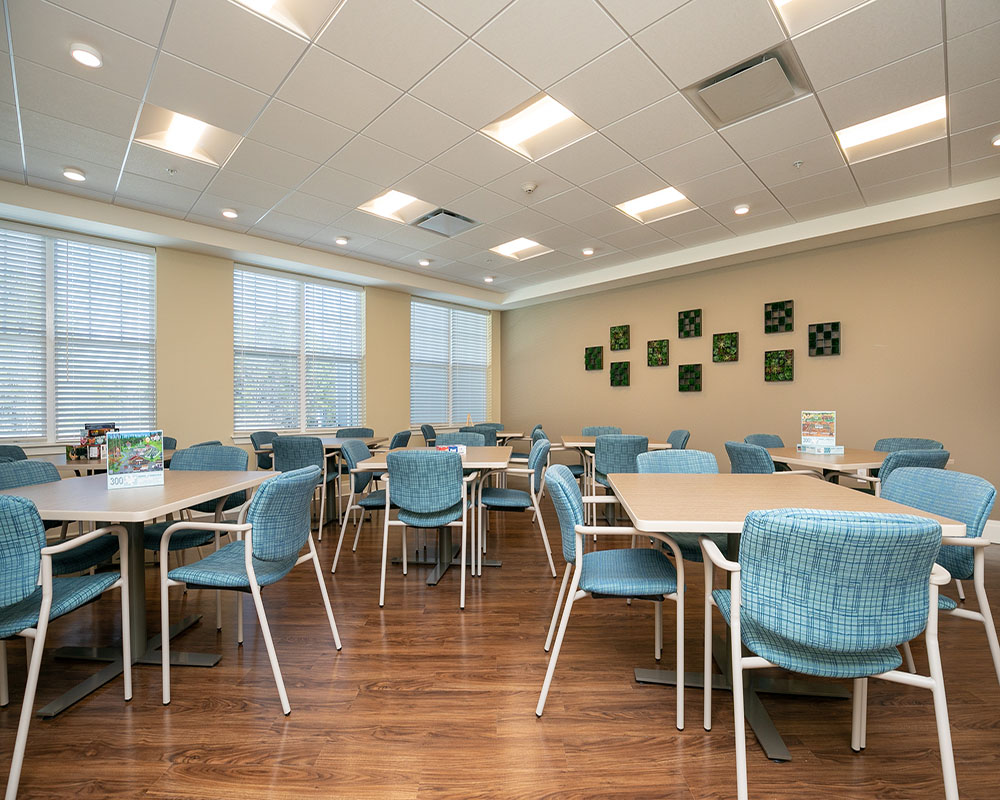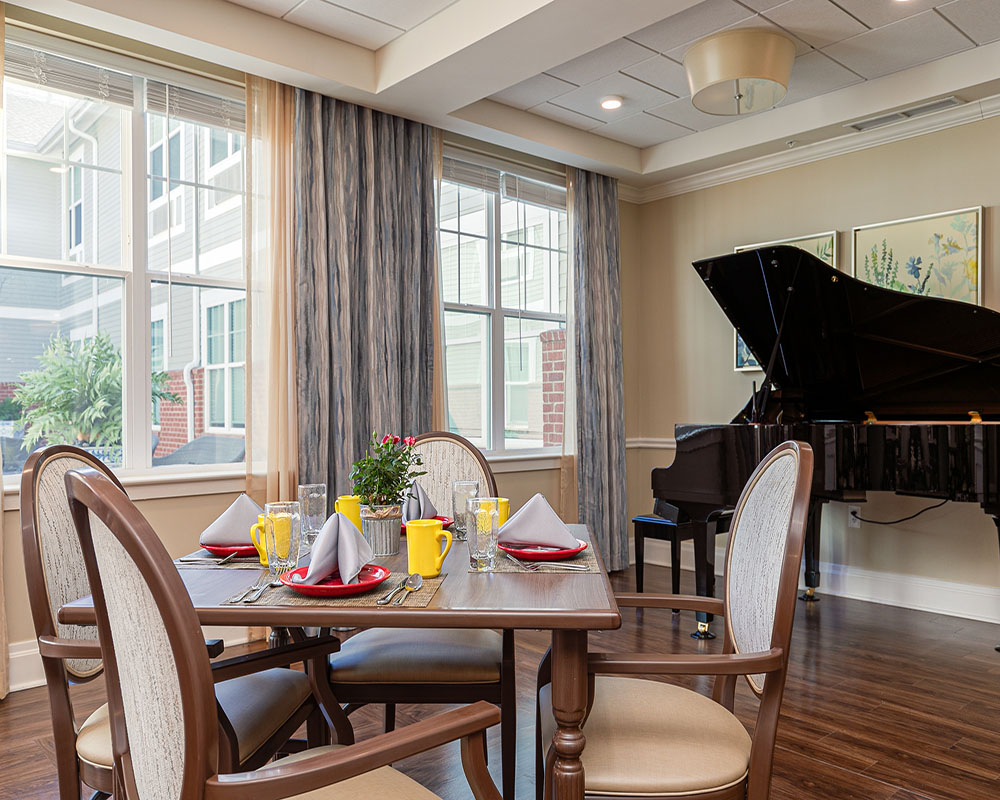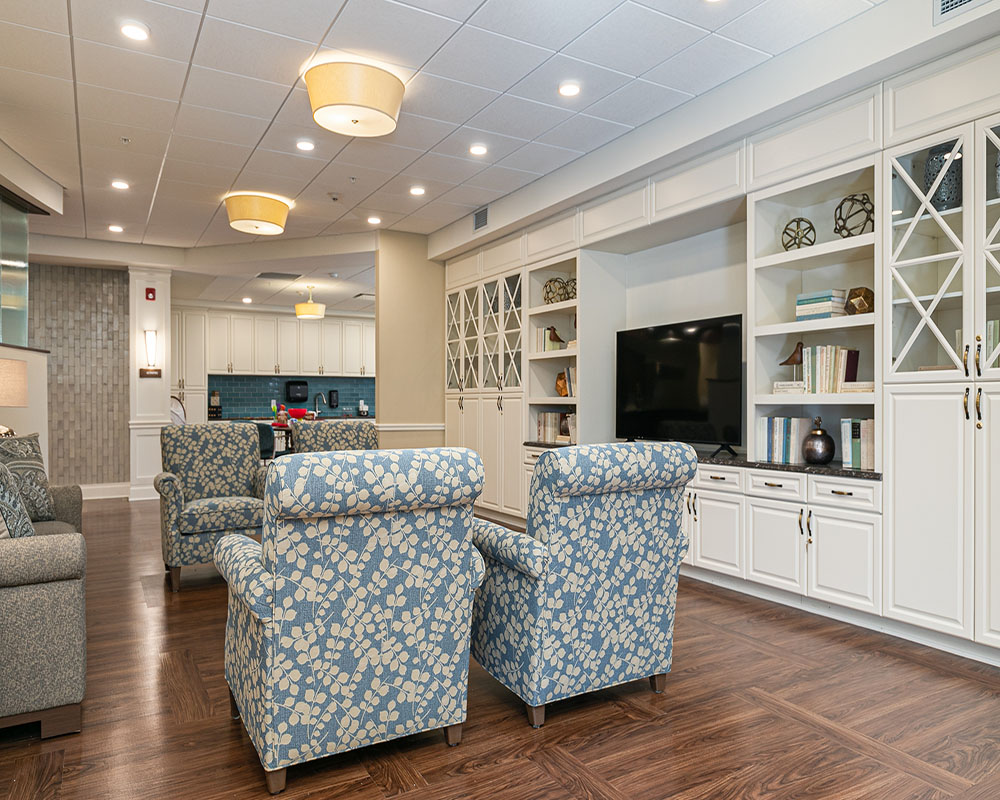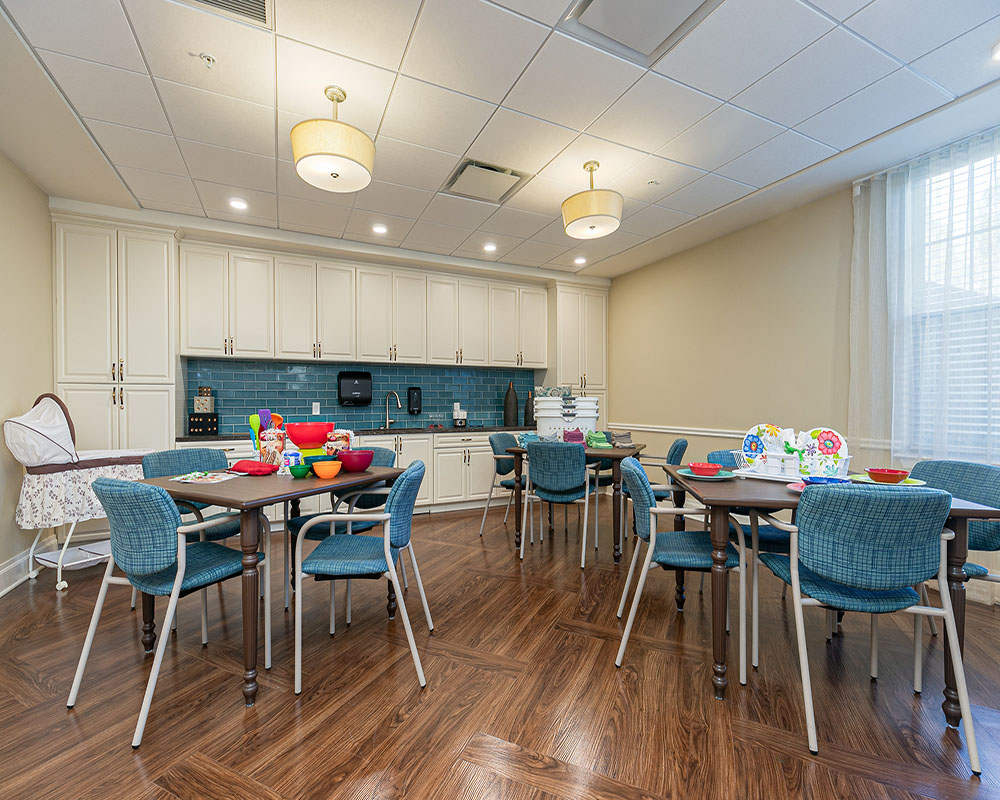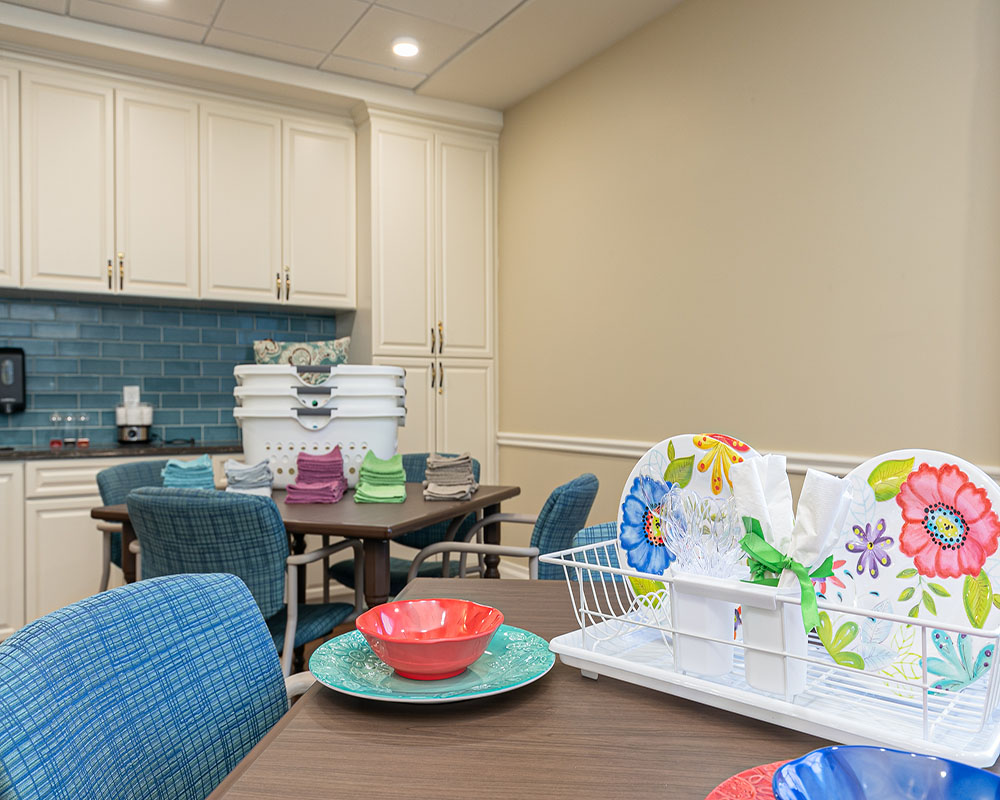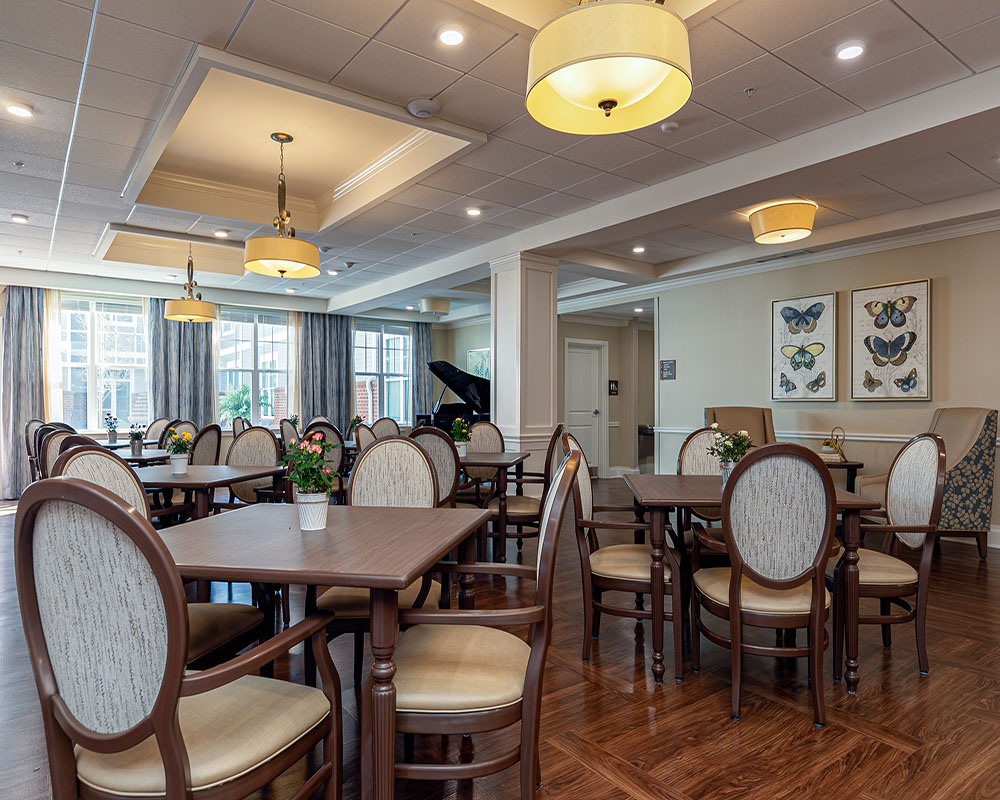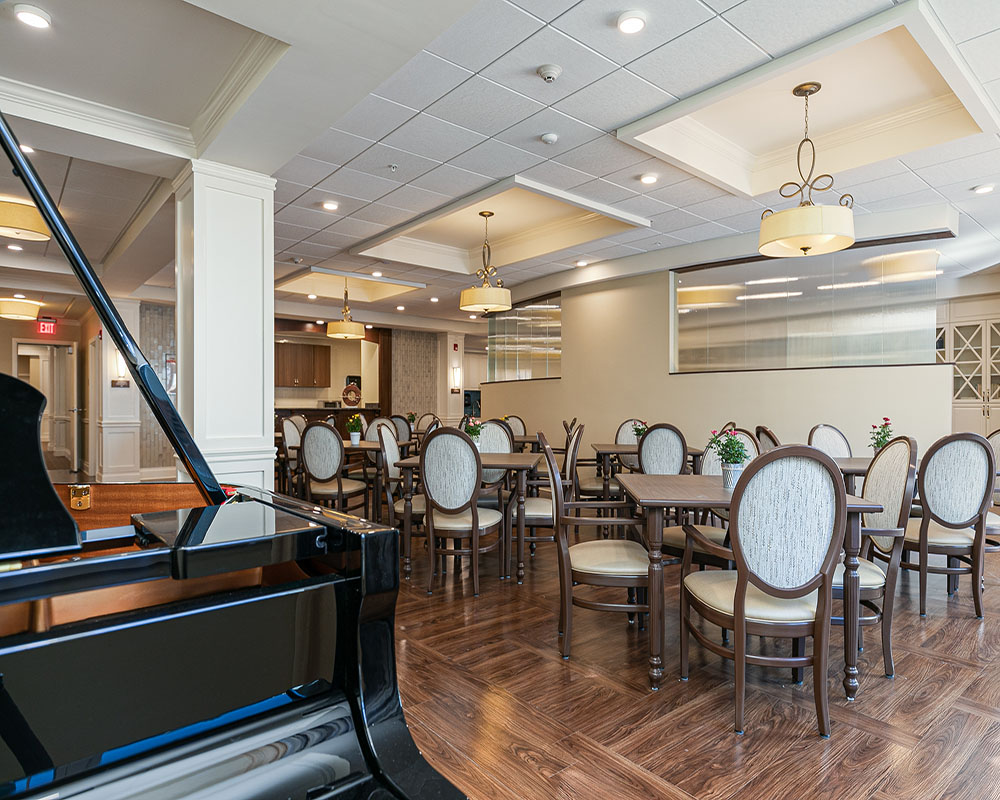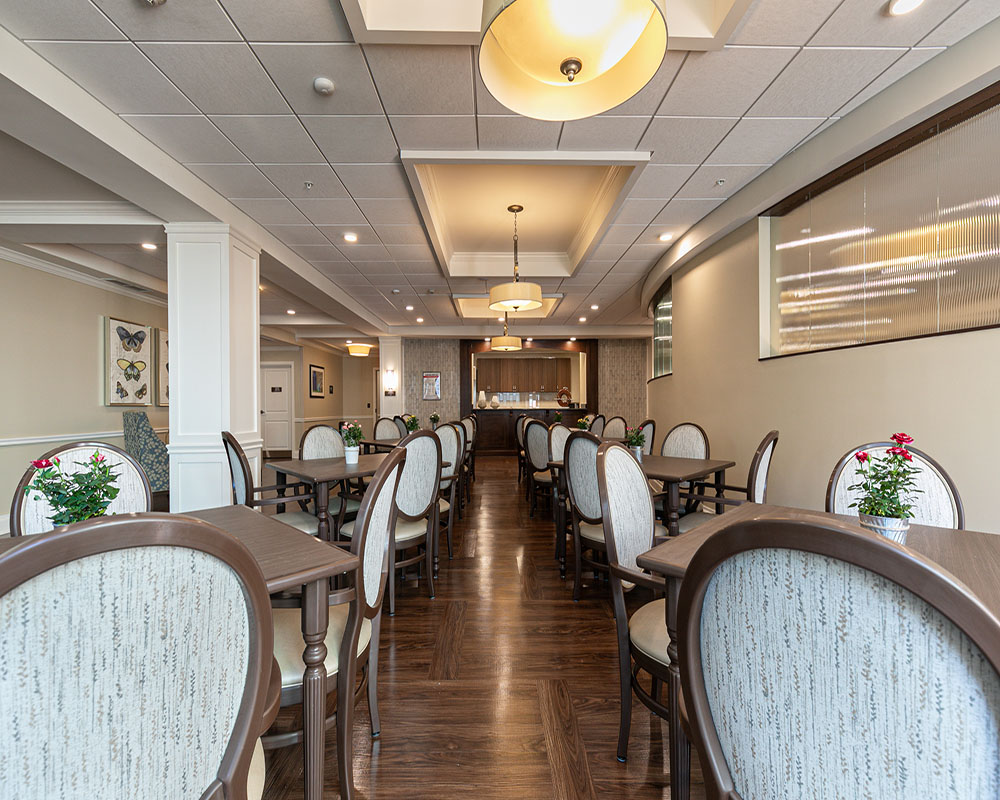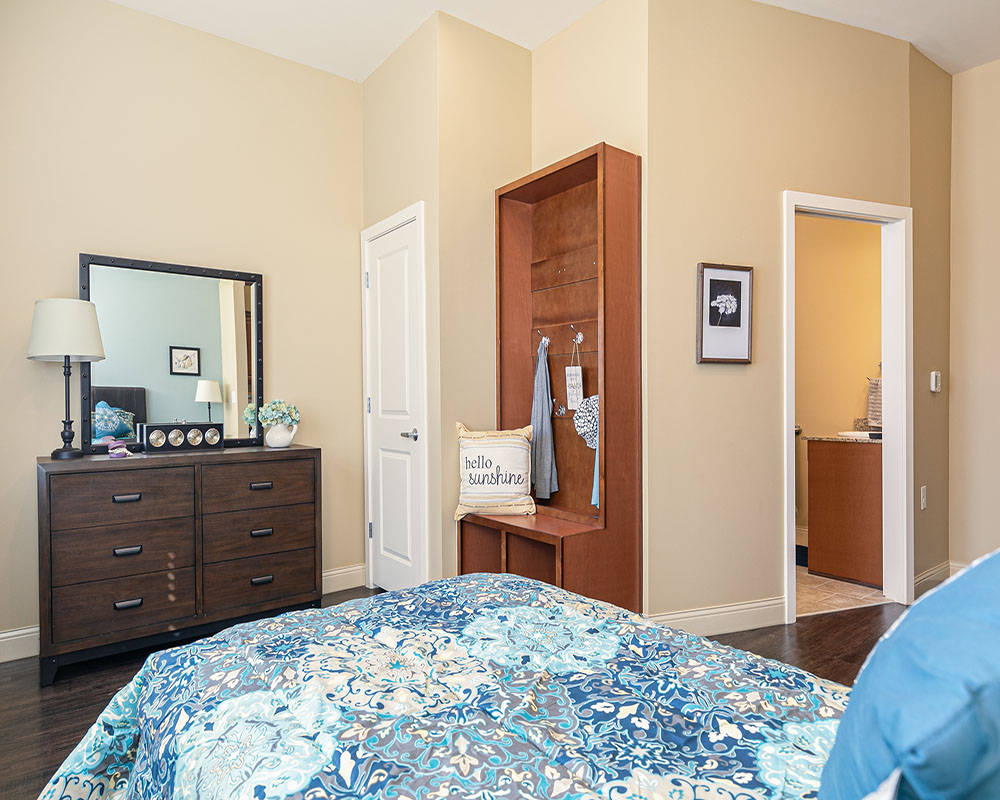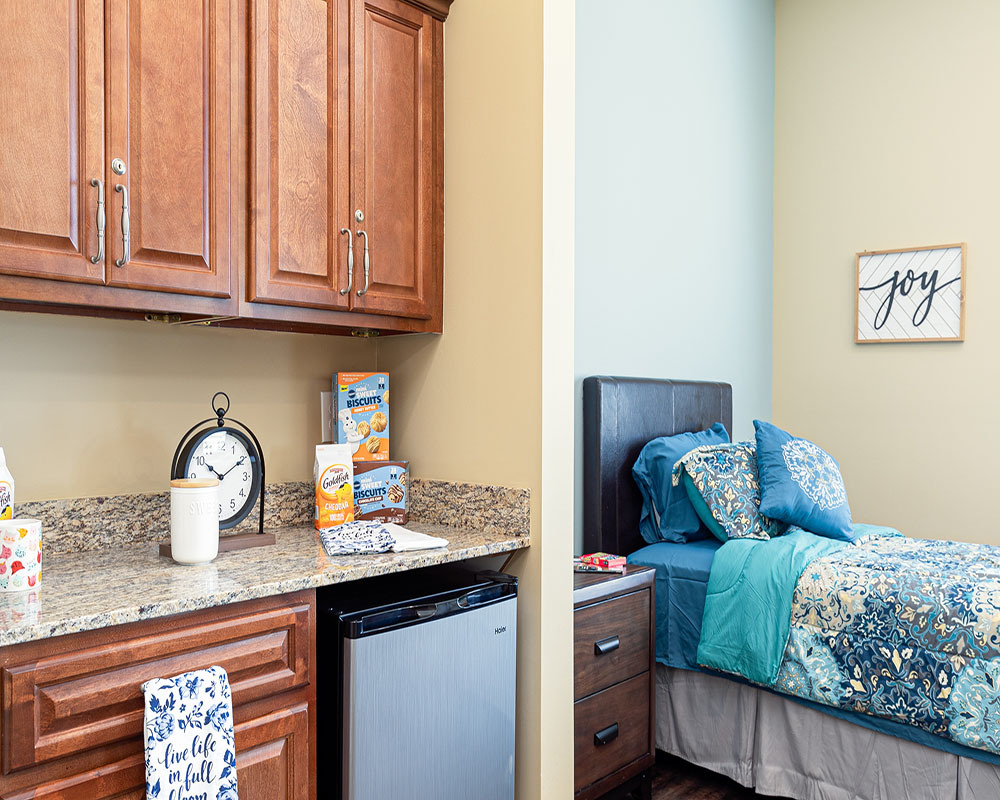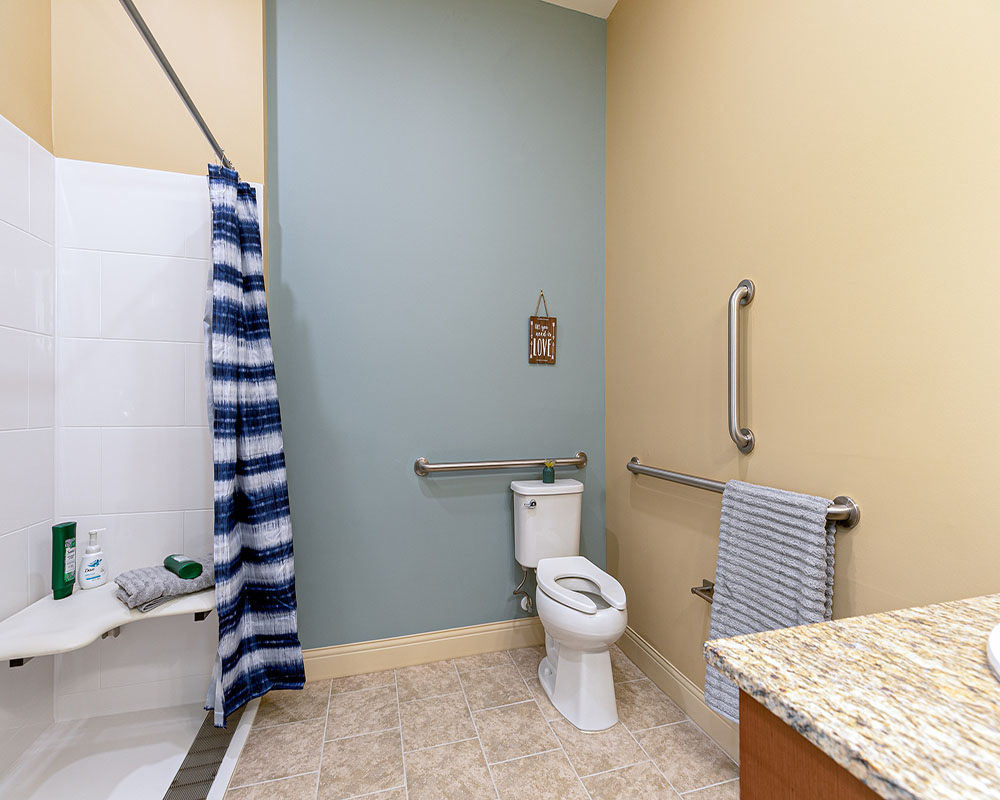Deciding when to transition from independent living to an assisted living community is a major and often emotional decision for both seniors and their families. It involves a number of considerations, including health, safety, and quality of life.
Recognizing the signs that it may be time to make this move can ensure that seniors receive the care and support they need while maintaining as much independence as they can. Some signs that a senior should consider assisted living include:
- Difficulty with Daily Activities
- Health and Medical Concerns
- Safety Risks at Home
- Social Isolation and Loneliness
- Caregiver Stress and Burnout
signs it’s time to consider assisted living
Difficulty With Daily Activities
One of the most telling signs is difficulty performing daily activities. If tasks such as bathing, dressing, cooking, and cleaning are starting to become overwhelming, it may be time to seek additional support.
Assisted living communities can help with such tasks, thereby allowing seniors to maintain a sense of independence while also receiving the care they need.
Health and Medical Concerns
Frequent medical issues or a decline in physical health can also indicate that a person may need to consider assisted living.
If managing medications, doctor appointments, or chronic conditions becomes too challenging, an assisted living community offers access to medical care and support that ensure timely and proper healthcare.
Safety Risks at Home
When the home environment poses safety risks such as falls, fires, or difficulty navigating stairs, it’s time to consider assisted living.
Assisted living communities are designed with safety in mind, offering features like handrails, emergency call systems, and staff available 24/7 to address any emergencies.
Social Isolation and Loneliness
Social isolation can have severe effects on a senior’s mental and emotional well-being.
If your loved one is spending most of their time alone and showing signs of loneliness or depression, assisted living can provide a vibrant social environment with opportunities for engagement and interaction.
Caregiver Stress and Burnout
Providing care for a loved one can be physically and emotionally exhausting. If caregivers are experiencing stress, burnout, or an inability to balance caregiving with their personal lives, it may be time to explore assisted living options.
This transition can provide relief and ensure that both the senior and their caregiver receive the support they need.
benefits of assisted living
Enhanced Safety & Security
Assisted living communities prioritize the safety and security of their residents. This includes features such as:
- Secure entrances
- Emergency call systems
- Round-the-clock staff
These advantages mean that both seniors and their families can have the peace of mind of knowing that help will always be available.
Access to Medical Care & Support
Assisted living offers easy access to medical care and support services. Regular health check-ups, medication management, and assistance with medical appointments are just a few of the benefits that ensure the residents receive the care necessary for maintaining their health.
Social Opportunities & Community Engagement
Staying socially active is crucial for a senior’s well-being. Assisted living communities like Silver Comet Village provide numerous opportunities for social engagement, including group activities, outings, and events.
These social interactions help residents build friendships and stay mentally and emotionally stimulated.
Relief for Caregivers
Transitioning to assisted living can provide significant relief to caregivers, who often juggle responsibilities in addition to those of their caretaking role.
Knowing their loved one is in a supportive, caring environment allows caregivers to focus on their own well-being while staying involved in their loved one’s life.
common misconceptions about assisted living
Loss of Independence
A common misconception is that moving to assisted living means losing independence. However, in practice, assisted living communities are designed to support independence while providing whatever help is necessary.
Residents have the freedom to choose how they spend their days, with support available as needed.
Quality of Life
Assisted living communities often enhance quality of life by offering seniors the benefits of various engaging activities, social opportunities, and access to healthcare.
Many residents of assisted living communities find a renewed sense of purpose and joy.
Cost & Affordability
Concerns about the cost of assisted living can be a barrier for many families. While it’s true that there’s a financial commitment, it’s also important to consider the comprehensive services included, such as:
- Housing
- Meals
- Care
- Social opportunities and other activities
Additionally, there are financial assistance programs and other planning options available that make assisted living more affordable.
preparing for the transition
 Discussing the Move with Loved Ones
Discussing the Move with Loved Ones
Open and honest communication is key when discussing the move to assisted living.
Involve your loved one in the decision-making process, address their concerns, and emphasize the positives of the transition. This approach helps ensure a smoother and more comfortable transition.
Choosing the Right Assisted Living Community
Research and visit multiple assisted living communities to find the best fit for your loved one. Consider factors such as:
- The level of care provided
- Community atmosphere
- Location
- Available activities
Speak with staff and residents to get a feel for the community’s culture and values.
Planning & Packing Tips
Prepare for the move by planning and packing thoughtfully. Create a checklist of essential items, including clothing, personal items, and cherished belongings. Encourage your loved one to bring familiar items that make their new space feel like home.
adjusting to assisted living
Settling In & What to Expect
The initial transition period can be challenging, but understanding what to expect can ease the process. Staff will assist with the move, orientation, and settling into the new environment.
Encourage your loved one to participate in activities and to engage with the community to build connections.
Making New Friends & Staying Active
Encourage your loved one to make new friends and stay active. Participating in group activities may enhance their sense of belonging.
Using Available Resources & Activities
Take advantage of the resources and activities offered by the assisted living community.
From fitness classes to educational programs, these opportunities can enrich your loved one’s life and support their physical, mental, and emotional well-being.
ready to try assisted living?
Transitioning from independent living to assisted living is a significant decision that requires careful consideration and planning.
By recognizing the signs that a loved one may need to consider assisted living, by understanding the benefits of such a transition, and by addressing common misconceptions about the assisted living experience, you can ensure a smooth and positive transition for your loved one.
Ready to explore assisted living options for your loved one? Contact the team at Silver Comet Village and learn more about our community.








